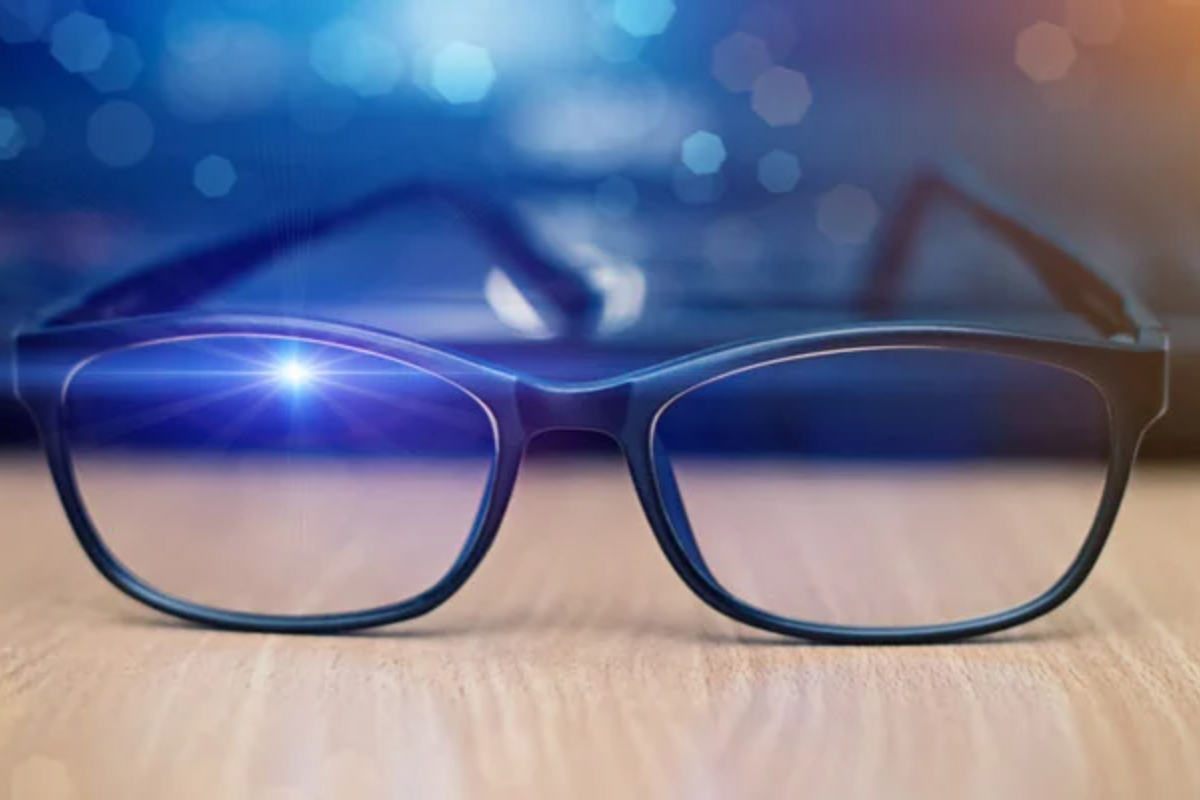Weekend activity may help your heart health, a new study
Exciting news for those struggling to find time for exercise during the...

How well do blue-light-blocking glasses work?
Blue-light blocking glasses might not deliver the touted advantages despite their widespread promotion for reducing eye strain and enhancing sleep, according to a thorough analysis of 17 studies.
These glasses, designed to safeguard eyes from the potentially detrimental effects of blue light emitted by screens, have gained popularity, particularly in the context of the pandemic.
Nonetheless, a recent meta-analysis indicates that their ability to alleviate digital eye strain and improve sleep quality is limited.
Conducted by Laura Downie, an associate professor in optometry and vision sciences at The University of Melbourne, the study scrutinized randomized controlled trials investigating the impact of blue-light glasses on eye health, vision, and sleep quality.
The findings suggest that there is inadequate evidence substantiating the efficacy of these glasses. Although a few short-term studies exhibited slight relief from eye strain, the prevailing consensus is that the glasses’ capacity to alleviate eye strain is not significant.
Experts attribute the lackluster performance of blue-light blocking glasses to two primary factors. Firstly, screens emit relatively low levels of blue light, and secondly, the glasses themselves merely block a minor fraction of this light.
Sunlight remains the main source of blue light exposure, with screens contributing only a marginal portion.
In terms of sleep, the analysis encompassed six studies evaluating the impact of the glasses. While a small number of studies pointed to potential benefits for specific demographics like pregnant women or individuals with certain mental health conditions, the general applicability of these findings remains uncertain.
The connection between blue light and sleep disruption is rooted in research on natural circadian rhythms, which has been predominantly explored in animal studies.
Experts advise directing attention toward factors like screen content and sleep routines to mitigate these issues.
Dr. Bhanuprakash Kolla, a sleep medicine specialist at the Mayo Clinic, proposes that the nature of on-screen content and overall sleep practices wield a more substantial influence on sleep quality than the presence of blue light.
As for blue-light blocking glasses, experts conclude that while they might not pose harm, they are improbable to deliver the asserted benefits either.
To stay informed about current events, please like our Facebook page https://www.bolnews.com/international/2023/08/how-well-do-blue-light-blocking-glasses-work/amp/.
Follow us on Twitter https://www.bolnews.com/international/2023/08/how-well-do-blue-light-blocking-glasses-work/amp/ and stay updated with the latest news.
Subscribe to our YouTube channel https://www.bolnews.com/international/2023/08/how-well-do-blue-light-blocking-glasses-work/amp/ to watch news from Pakistan and around the world.
Catch all the Business News, Breaking News Event and Latest News Updates on The BOL News
Download The BOL News App to get the Daily News Update & Live News.